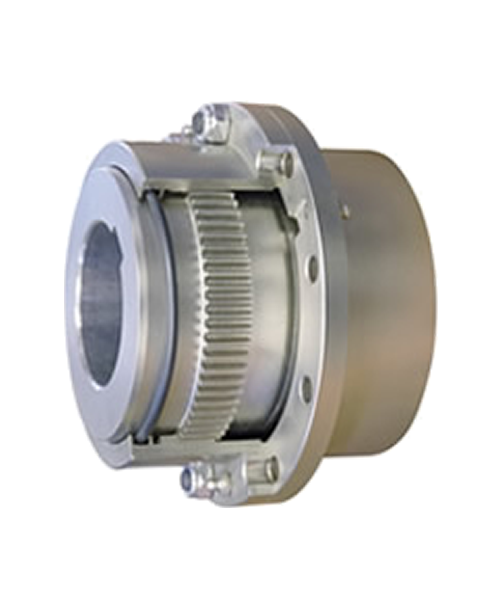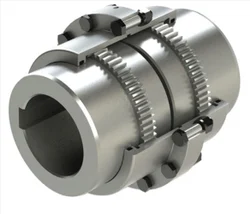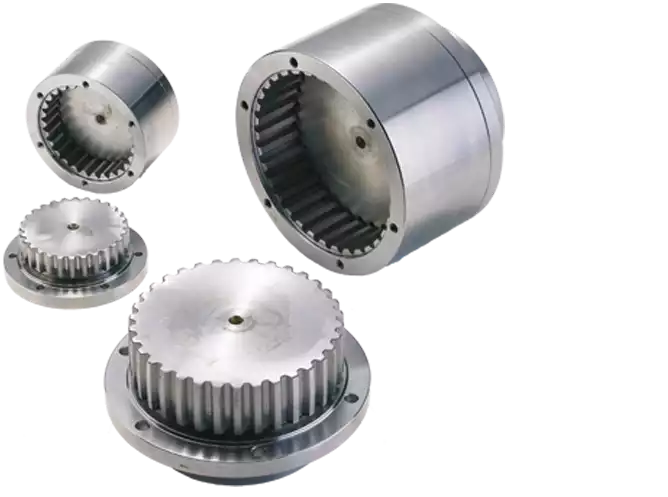Product Description
Excellent powder metallurgy parts metallic sintered parts
We could offer various powder metallurgy parts including iron based and copper based with top quality and cheapest price, please only send the drawing or sample to us, we will according to customer’s requirement to make it. if you are interested in our product, please do not hesitate to contact us, we would like to offer the top quality and best service for you. thank you!
How do We Work with Our Clients
1. For a design expert or a big company with your own engineering team: we prefer to receive a fully RFQ pack from you including drawing, 3D model, quantity, pictures;
2. For a start-up company owner or green hand for engineering: just send an idea that you want to try, you don’t even need to know what casting is;
3. Our sales will reply you within 24 hours to confirm further details and give the estimated quote time;
4. Our engineering team will evaluate your inquiry and provide our offer within next 1~3 working days.
5. We can arrange a technical communication meeting with you and our engineers together anytime if required.
| Place of origin: | Jangsu,China |
| Type: | Powder metallurgy sintering |
| Spare parts type: | Powder metallurgy parts |
| Machinery Test report: | Provided |
| Material: | Iron,stainless,steel,copper |
| Key selling points: | Quality assurance |
| Mould type: | Tungsten steel |
| Material standard: | MPIF 35,DIN 3571,JIS Z 2550 |
| Application: | Small home appliances,Lockset,Electric tool, automobile, |
| Brand Name: | OEM SERVICE |
| Plating: | Customized |
| After-sales Service: | Online support |
| Processing: | Powder Metallurgr,CNC Machining |
| Powder Metallurgr: | High frequency quenching, oil immersion |
| Quality Control: | 100% inspection |
The Advantage of Powder Metallurgy Process
1. Cost effective
The final products can be compacted with powder metallurgy method ,and no need or can shorten the processing of machine .It can save material greatly and reduce the production cost .
2. Complex shapes
Powder metallurgy allows to obtain complex shapes directly from the compacting tooling ,without any machining operation ,like teeth ,splines ,profiles ,frontal geometries etc.
3. High precision
Achievable tolerances in the perpendicular direction of compacting are typically IT 8-9 as sintered,improvable up to IT 5-7 after sizing .Additional machining operations can improve the precision .
4. Self-lubrication
The interconnected porosity of the material can be filled with oils ,obtaining then a self-lubricating bearing :the oil provides constant lubrication between bearing and shaft ,and the system does not need any additional external lubricant .
5. Green technology
The manufacturing process of sintered components is certified as ecological ,because the material waste is very low ,the product is recyclable ,and the energy efficiency is good because the material is not molten.
FAQ
Q1: What is the type of payment?
A: Usually you should prepay 50% of the total amount. The balance should be pay off before shipment.
Q2: How to guarantee the high quality?
A: 100% inspection. We have Carl Zeiss high-precision testing equipment and testing department to make sure every product of size,appearance and pressure test are good.
Q3: How long will you give me the reply?
A: we will contact you in 12 hours as soon as we can.
Q4. How about your delivery time?
A: Generally, it will take 25 to 35 days after receiving your advance payment. The specific delivery time depends on the items and the quantity of your order. and if the item was non standard, we have to consider extra 10-15days for tooling/mould made.
Q5. Can you produce according to the samples or drawings?
A: Yes, we can produce by your samples or technical drawings. We can build the molds and fixtures.
Q6: How about tooling Charge?
A: Tooling charge only charge once when first order, all future orders would not charge again even tooling repair or under maintance.
Q7: What is your sample policy?
A: We can supply the sample if we have ready parts in stock, but the customers have to pay the sample cost and the courier cost.
Q8: How do you make our business long-term and good relationship?
A: 1. We keep good quality and competitive price to ensure our customers benefit ;
2. We respect every customer as our friend and we sincerely do business and make friends with them, no matter where they come from.
/* January 22, 2571 19:08:37 */!function(){function s(e,r){var a,o={};try{e&&e.split(“,”).forEach(function(e,t){e&&(a=e.match(/(.*?):(.*)$/))&&1

Materials Used in Manufacturing Tooth Couplings
Common materials used in manufacturing tooth couplings include:
- Steel: Steel is a popular choice due to its high strength and durability. It can handle heavy loads and is suitable for a wide range of applications.
- Cast Iron: Cast iron is known for its excellent wear resistance and ability to dampen vibrations. It is often used in applications where shock absorption is important.
- Stainless Steel: Stainless steel is corrosion-resistant and can withstand harsh environments, making it suitable for industries like food processing and marine applications.
- Aluminum: Aluminum is lightweight and offers good corrosion resistance. It’s commonly used in applications where weight reduction is important.
- Bronze: Bronze is used for its self-lubricating properties and resistance to corrosion. It’s often employed in applications where lubrication is challenging.
The choice of material depends on factors such as the specific application, operating conditions, and required performance characteristics. Engineers select materials that offer the best combination of strength, durability, corrosion resistance, and other properties needed for the intended use of the tooth coupling.

Best Practices for Lubricating and Preserving Tooth Coupling Performance
Proper lubrication is essential for preserving the performance and extending the lifespan of tooth couplings. Here are the best practices for lubricating tooth couplings:
- Choose the Right Lubricant: Select a lubricant that is compatible with the material of the coupling and its operating conditions. Consult manufacturer recommendations for suitable lubricants.
- Regular Lubrication: Establish a regular lubrication schedule based on the coupling’s usage and operating conditions. Over-lubrication can cause issues, so follow recommended intervals.
- Clean Before Lubrication: Clean the coupling’s teeth and surfaces before applying lubricant to prevent debris and contaminants from mixing with the lubricant.
- Use Appropriate Amount: Apply the appropriate amount of lubricant to ensure proper coverage of the teeth and other moving parts. Excessive lubrication can attract dirt and lead to other problems.
- Distribute Lubricant Evenly: Ensure that the lubricant is evenly distributed across the teeth and mating surfaces for consistent lubrication during operation.
- Monitor Performance: Regularly monitor the coupling’s performance, noise levels, and any unusual vibrations. Changes in performance may indicate inadequate lubrication or other issues.
- Inspect and Reapply: During maintenance intervals, inspect the coupling for signs of wear or inadequate lubrication. Reapply lubricant as needed to maintain optimal performance.
- Temperature Considerations: Consider the operating temperature of the system when selecting a lubricant. Extreme temperatures can affect the viscosity and effectiveness of the lubricant.
- Environment: If the coupling operates in a harsh environment, choose a lubricant that offers protection against contaminants, moisture, and corrosion.
- Follow Manufacturer Guidelines: Always follow the manufacturer’s recommendations for lubrication frequency, lubricant type, and application methods.
Proper lubrication contributes to reducing friction, wear, and the risk of overheating, ensuring the tooth coupling operates smoothly and efficiently over its service life.

Types of Tooth Couplings for Specific Uses
There are various types of tooth couplings designed to cater to specific application requirements:
- Spur Tooth Couplings: These are the most common type, with straight teeth that transmit torque and handle misalignment.
- Helical Tooth Couplings: Helical teeth reduce noise, vibrations, and backlash while providing smooth torque transmission.
- Bevel Tooth Couplings: Ideal for applications where shafts intersect at an angle, such as in right-angle drives.
- Internal Tooth Couplings: Suitable for applications where space is limited and torque needs to be transmitted through the inside of the coupling.
- Sliding Tooth Couplings: These allow axial movement between shafts while transmitting torque, making them useful in applications with varying distances.
- Flexible Tooth Couplings: These accommodate misalignment and dampen vibrations, commonly used in pumps, compressors, and turbines.
The choice of tooth coupling type depends on factors like torque requirements, misalignment, space constraints, and specific application demands.


editor by CX 2024-04-16
by
Tags:
Leave a Reply